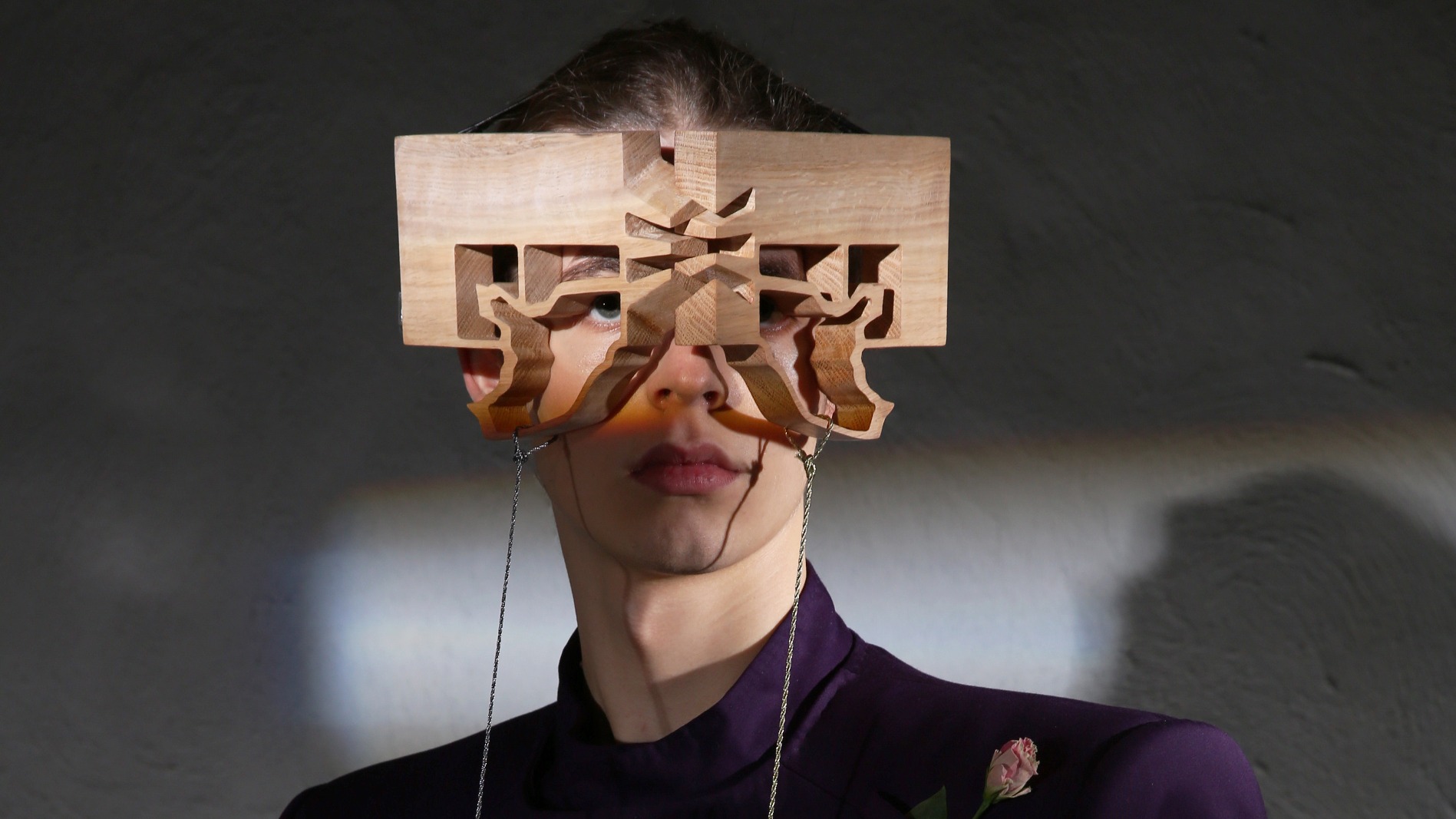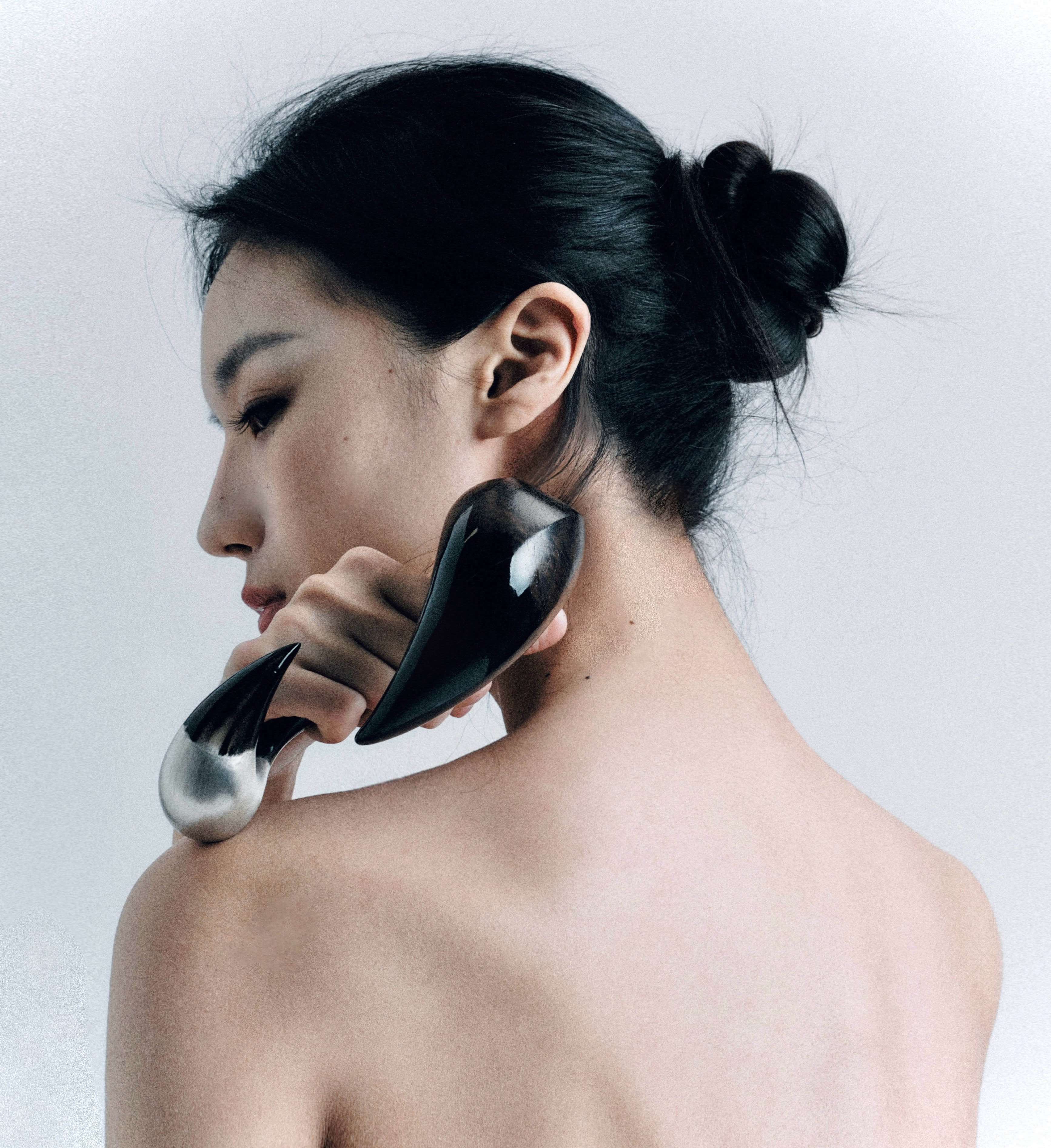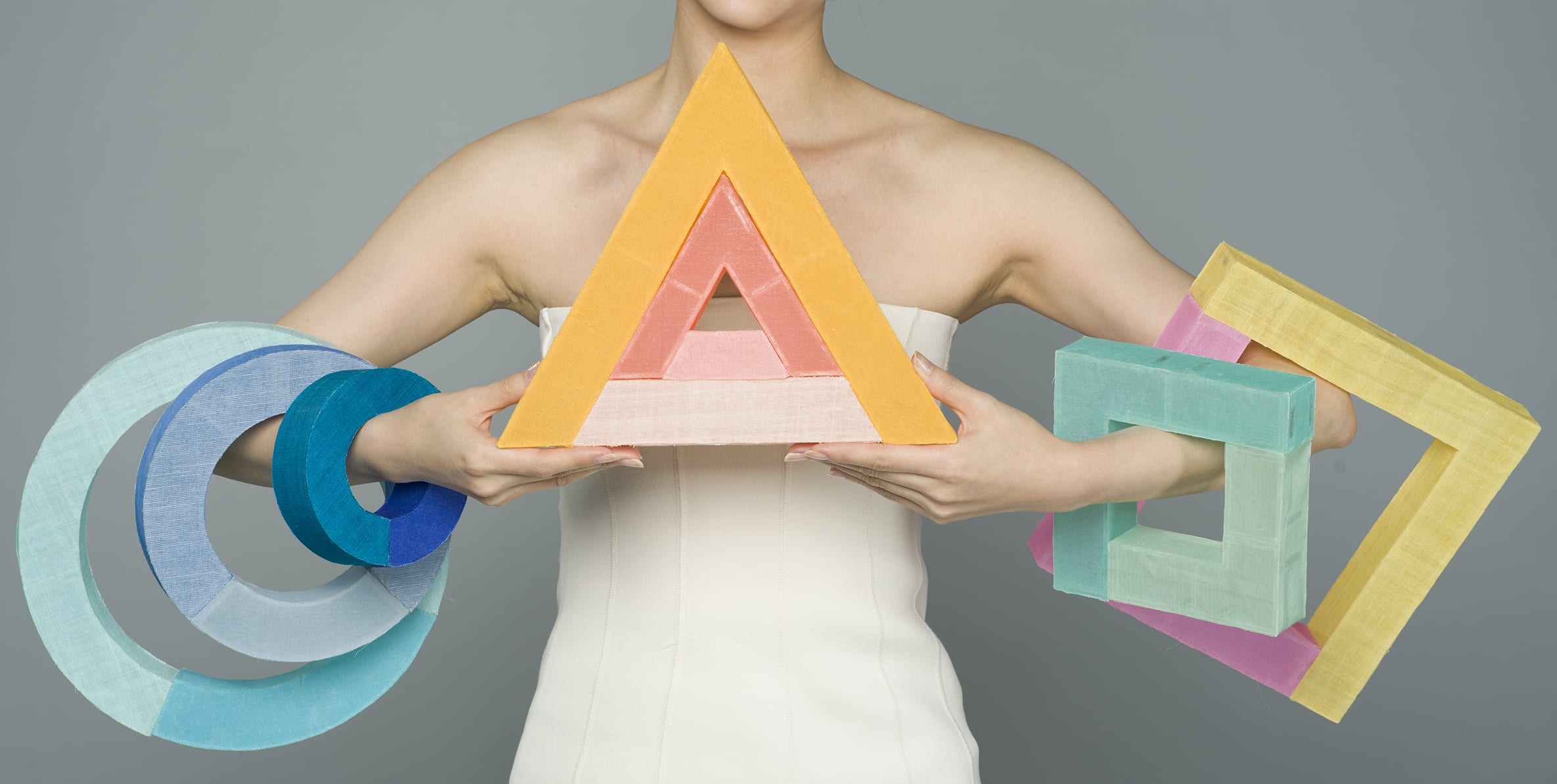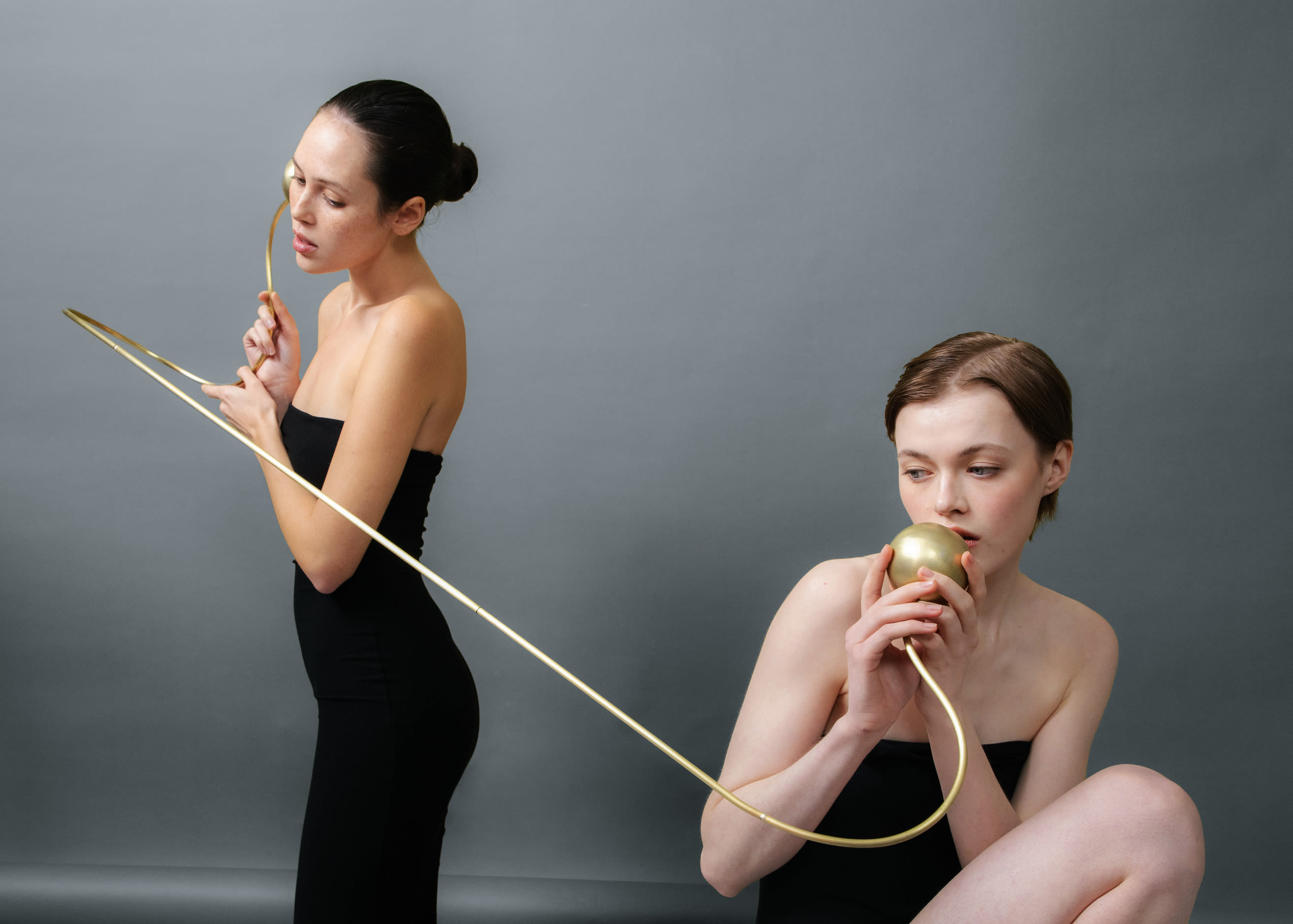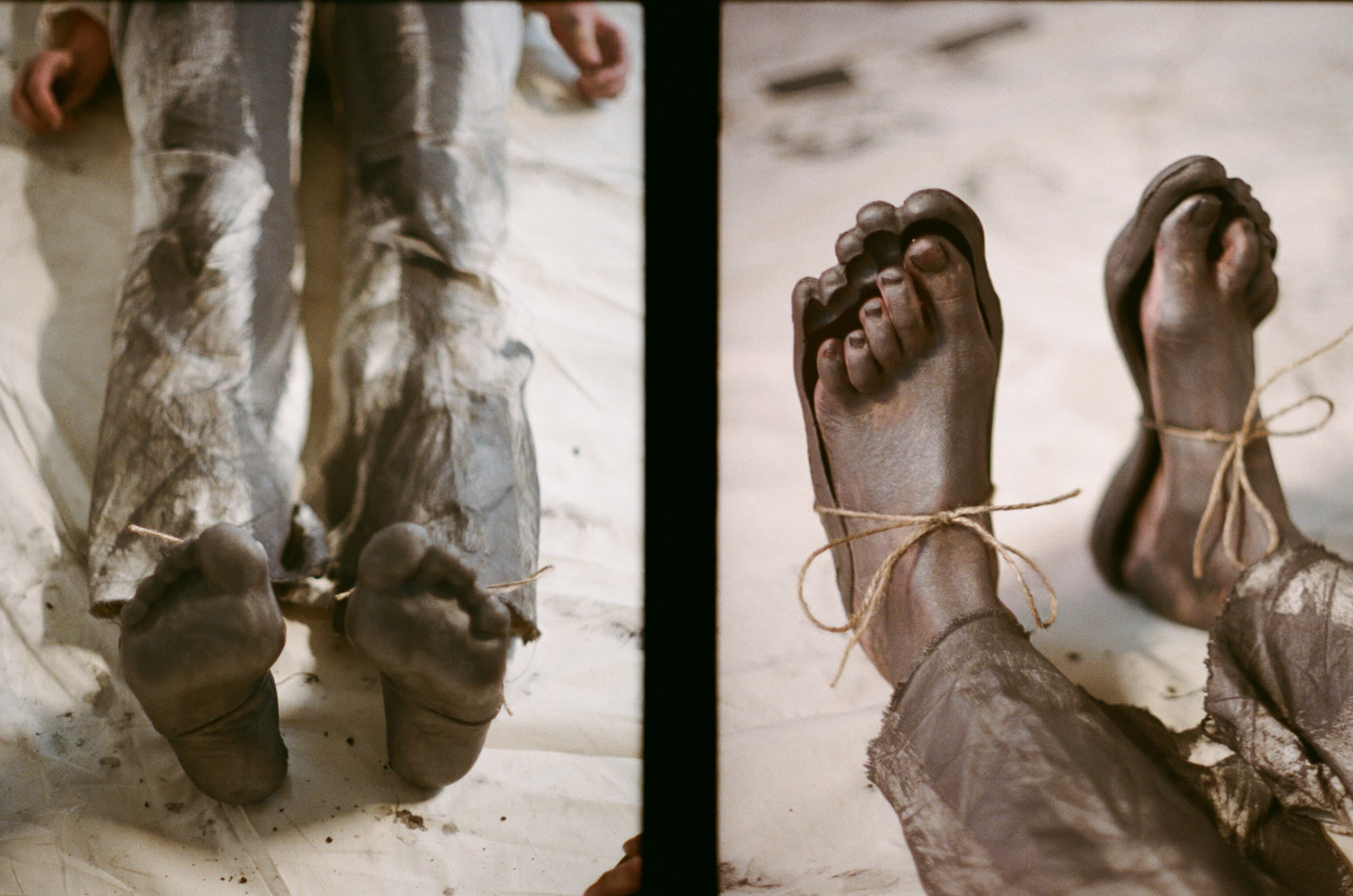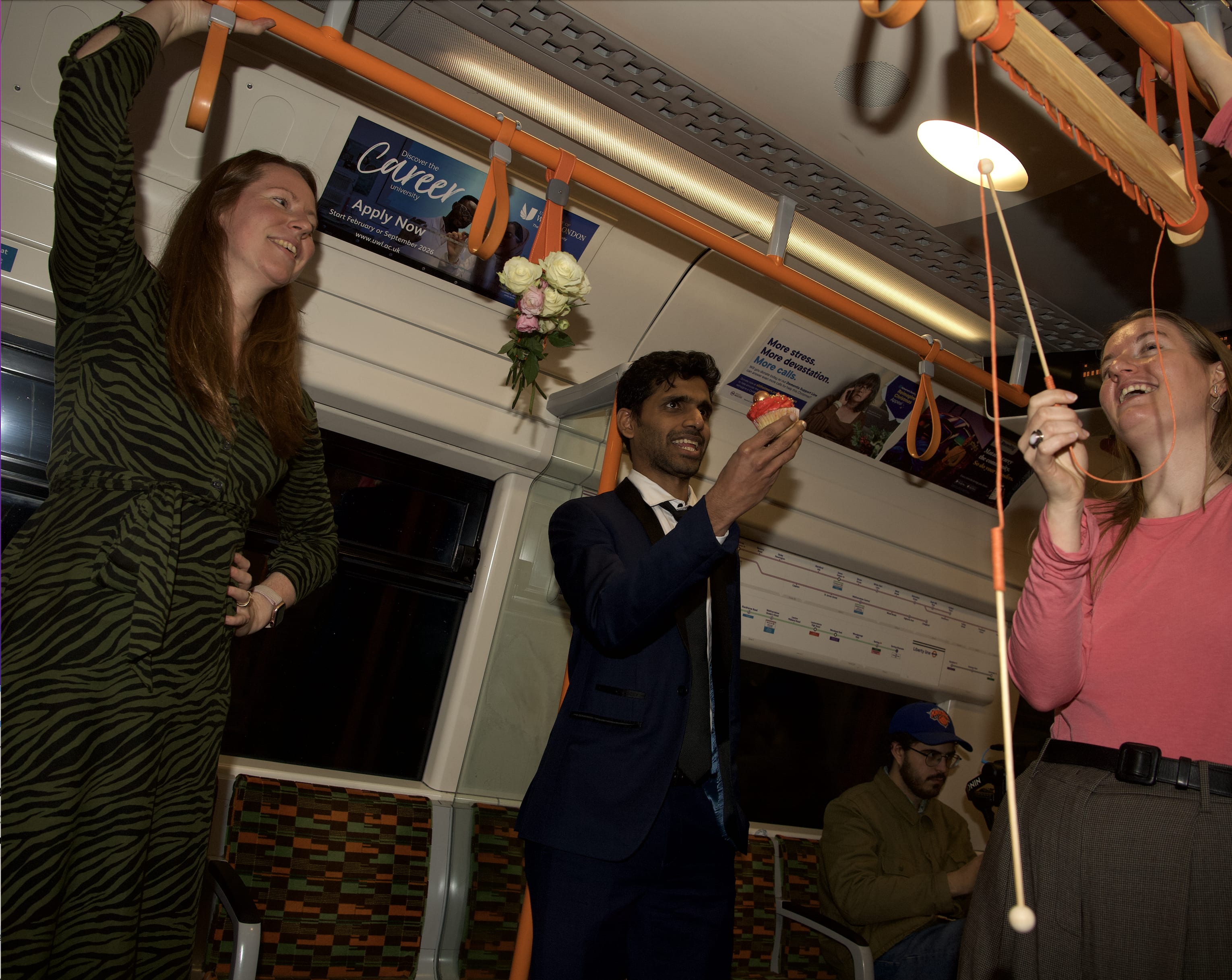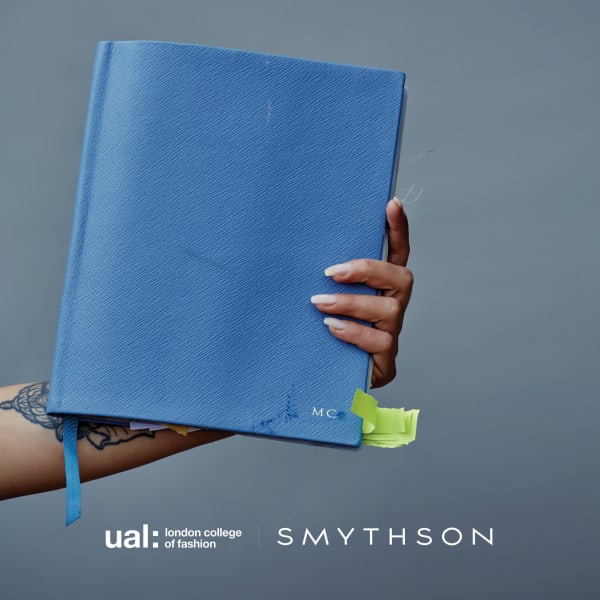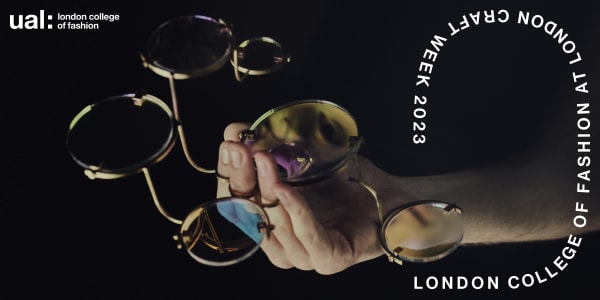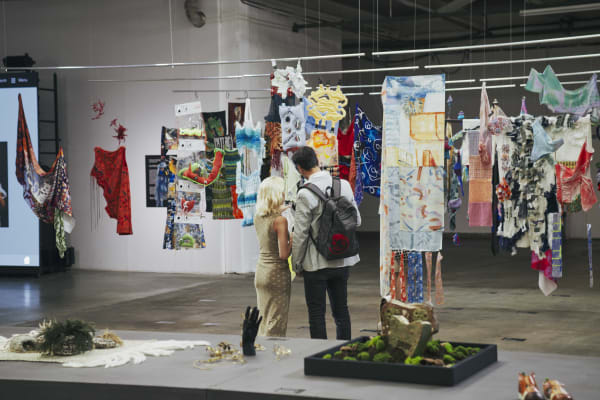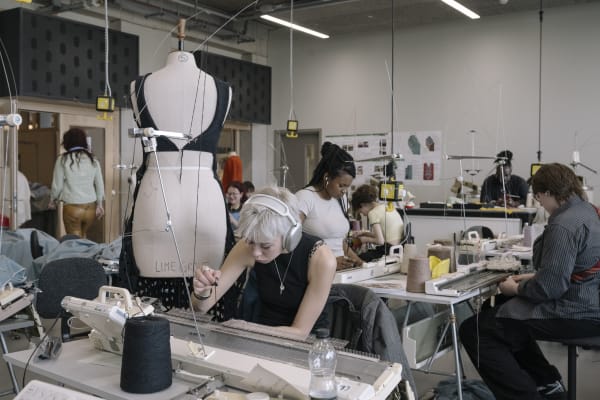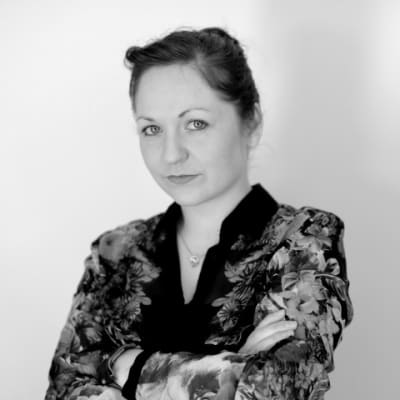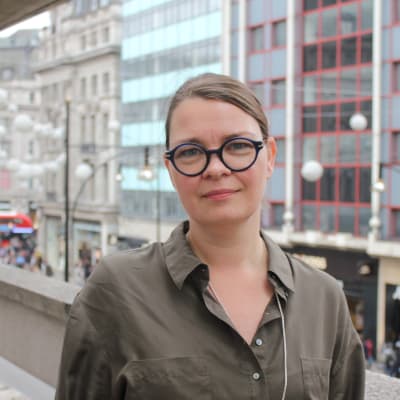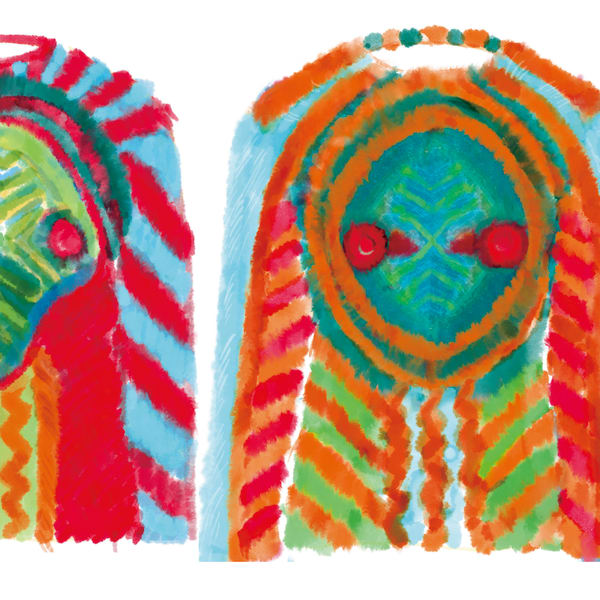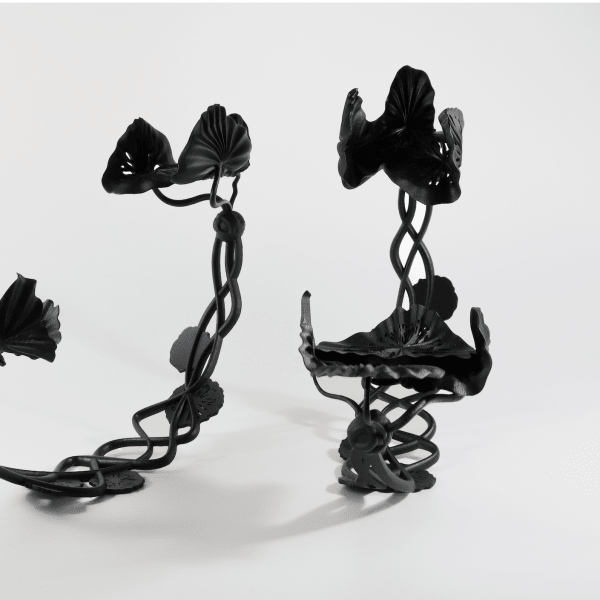Course units
The Course is divided into three 15-week blocks (full-time). The first block is 60 credits and students who successfully complete this block are eligible for the award of a PG Cert. The second block is a further 60 credits and students who complete blocks 1 and 2 are eligible for the award of PG Dip. The third and final block is the Master Project, this is a 60 credit unit and students who successfully complete this block are eligible for the award of an MA. The final award grading is based upon the MA project only.
Block 1:
Collaborative Challenge (20 credits)
This unit is your opportunity to innovate and explore developmental processes and engage with collaborative working practices. You’ll develop your professional negotiation, teamwork and networking skills that are essential in the cultural, entrepreneurial and creative industries. The emphasis of this unit is on cross-disciplinary student-led collaboration. You can engage with industry and college-based briefs.
Materials and Methods (40 credits)
The unit is designed to establish and develop your 3D study proposal by exploring and expanding on your manufacturing skills. You’ll explore different skills and techniques, gaining an understanding of the complexity involved in multidisciplinary making processes. Work will develop individually in response to introductions to equipment and facilities on and off site and master classes in response to your chosen studio provided and in line with your chosen material selection, fabrication methods and design intentions.
Block 2:
Research Proposal (20 Credits)
Developing effective research approaches is key to success in your Master’s project and career. This unit explores theoretical perspectives on your practice and discipline, helping define your research philosophy. You'll build core capabilities and create a theoretically grounded proposal using primary and secondary methods. You'll develop a framework connecting theory and practice, formulate research questions, and ensure your study is ethical, achievable, and critical, with potential for interdisciplinary exploration.
Analytical Design and Manufacture Methods (40 credits)
The unit focuses on adopting an analytical approach to practice, emphasising sustainability, ethical design and positionality. This unit supports the development towards your Masters’ Project, by building on your study proposals and studio practice. Ongoing research will direct your proactive practice-based development, guided by material analysis, manufacture methods, and design functionality.
Block 3:
Masters Project (60 Credits)
The Masters Project provides you with a space to synthesise all the knowledge and skills you have gained on the course so far. This important final phase of your studies is where you will effectively communicate your work along with your ability to critically interrogate your practice with robust approaches to research and theoretical analysis. Upon completion of your project, you’ll have generated a high-level Masters’ quality piece of work that will showcase your practice, academic literacy and the professional standards that will act as a platform for your future career and professional development.
